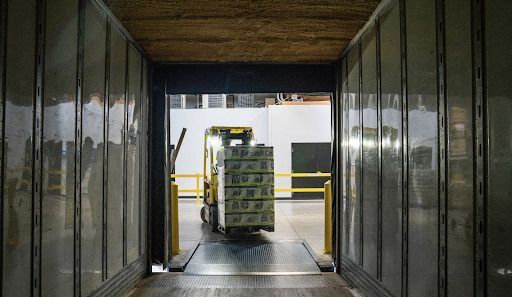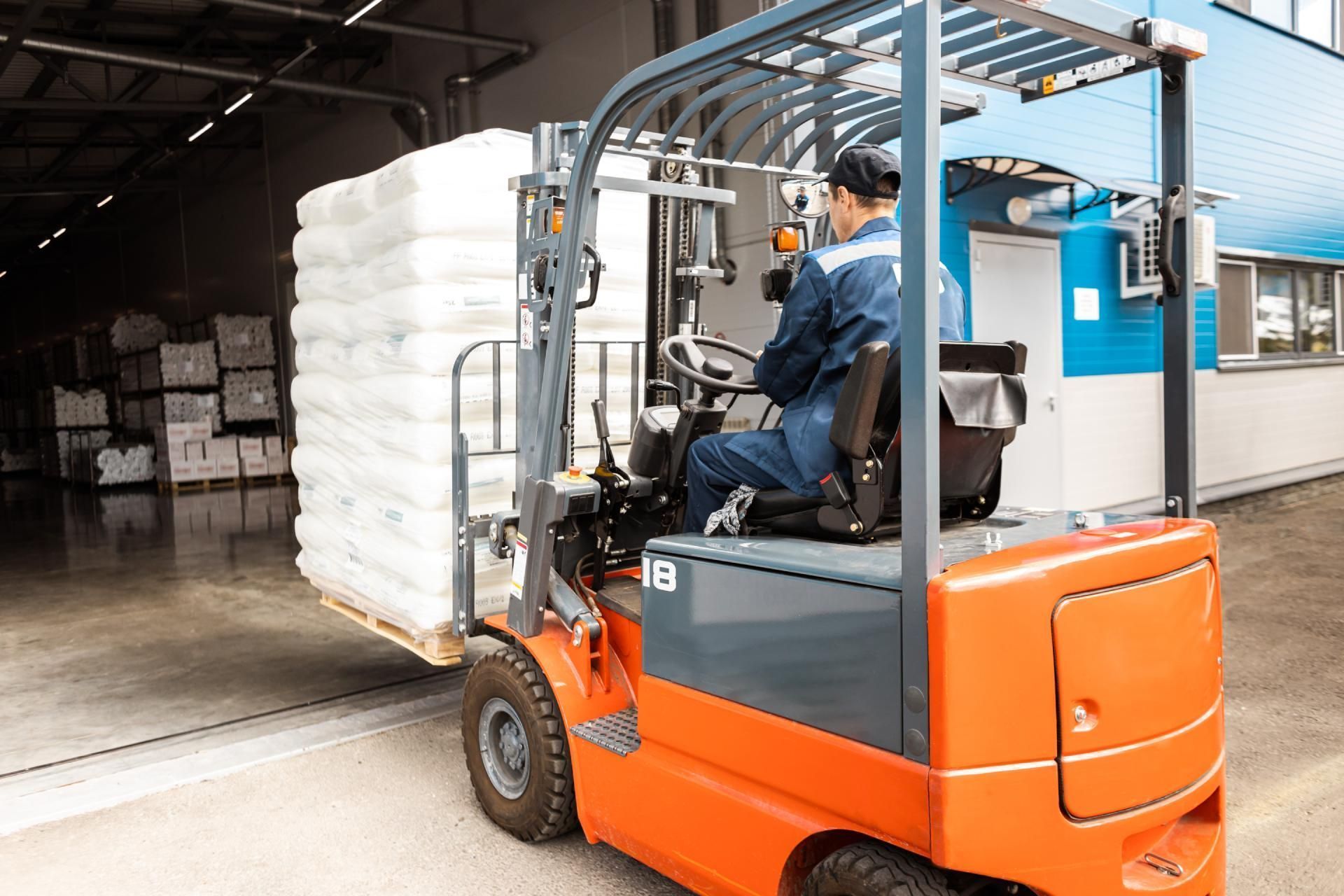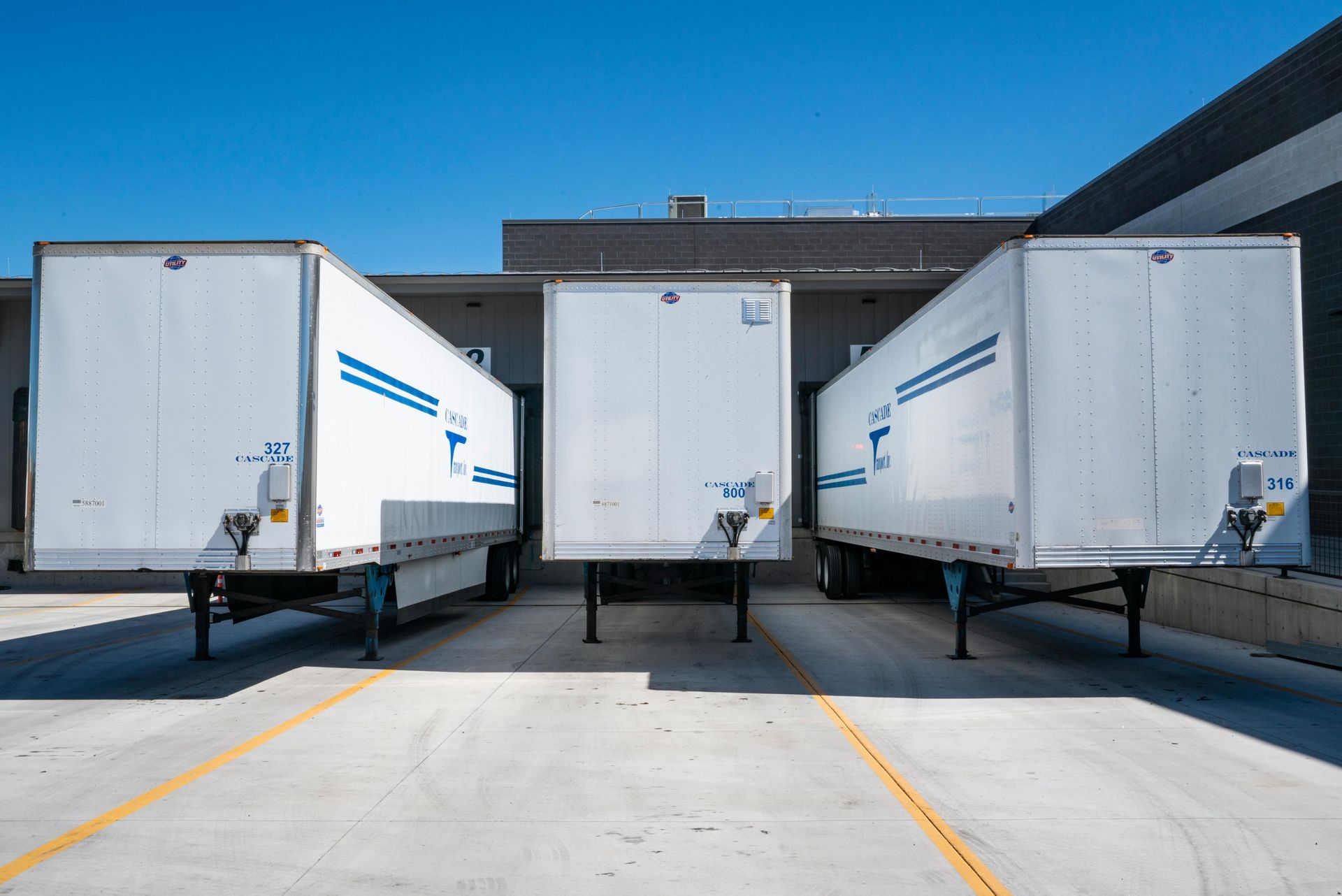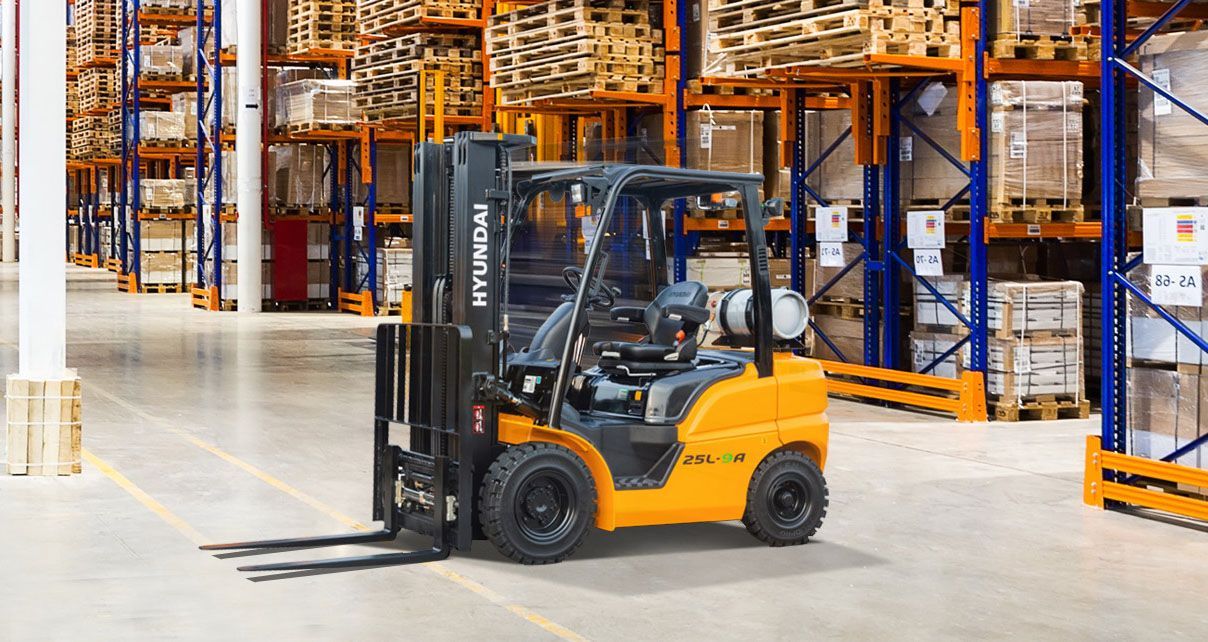A Guide to Loading Dock Safety
Accidents can happen anywhere throughout the warehouse, but the loading dock is one of the most common places for injuries and equipment damage. A safe warehouse leads to an efficient and profitable operation. Loading docks are excellent for implementing safety principles and improving efficiency. Whether you’ve updated your safety protocols recently or it’s been a few years, you can always consider ways to improve loading dock safety.
Understanding Loading Docks and Their Challenges
Loading docks serve as crucial points for loading and unloading goods. However, they come with unique challenges that require careful attention. High-traffic areas, potential accidents and injuries, security concerns, and environmental factors all play a role in loading dock safety. By recognizing these challenges, you can proactively address them and create a safer workspace.
Ensuring Safe Loading and Unloading Processes
Proper training for loading dock personnel is the foundation of safe handling procedures. Securely loading and unloading materials, understanding weight distribution and load limits, ensuring dock plate and ramp safety, preventing trailer separation, and implementing fall prevention measures are all vital aspects of ensuring the safety of personnel and the efficient flow of goods.

Enhancing Safety with High-Speed Doors
High-speed doors offer numerous benefits for loading dock areas. They increase productivity and efficiency, providing improved energy efficiency and enhanced safety features. These doors minimize the time spent in open-door positions, reducing the risk of unauthorized access while maintaining a controlled environment. Regular maintenance and inspections of high-speed doors are essential to keep them functioning optimally and ensure the safety of everyone on-site.
Importance of Proper Lighting
Adequate lighting is crucial for loading dock safety. It plays a vital role in improving visibility during loading and unloading. Exterior lighting ensures clear visibility for drivers approaching the loading dock area, while interior lighting allows personnel to work safely and effectively. Regular maintenance and inspection of lighting systems, including replacing faulty bulbs and ensuring proper illumination, should be prioritized to create a well-lit and safe environment.
Equipment Maintenance and Inspections
Regular maintenance of loading dock equipment is paramount for safe and efficient operations. Forklifts, pallet jacks, dock levelers, vehicle restraints, and floor sweepers are just a few examples of equipment that require routine inspections and servicing. Regularly scheduled maintenance not only extends the lifespan of equipment but also minimizes the risk of malfunctions and accidents.
Staffing Considerations for Loading Dock Safety
Adequate staffing and training are critical components of loading dock safety. Employing well-trained personnel who understand the risks and best practices is essential for maintaining a secure workplace. Clearly defining roles and responsibilities, fostering open communication, and promoting teamwork among loading dock personnel contribute to a safe and efficient operation.
Watching for the Weather
Loading docks can present additional challenges during inclement weather, such as rain or high winds. The team must take extra precautions to ensure safety in these weather conditions. First, consider providing canopies or coverings to protect loading areas from rain, preventing slippery surfaces and potential accidents. Additionally, ensure the loading dock is well-maintained, with proper drainage systems to prevent water accumulation. When faced with high winds, secure loose items and ensure that materials are properly secured before loading. Wind gusts can create hazards, so it’s essential to take extra care during these conditions. By being vigilant, taking necessary precautions, and prioritizing personnel safety, loading operations can continue safely even in adverse weather conditions.
When An Accident Does Happen
In the unfortunate event of an accident on the loading dock, employees must act promptly and follow appropriate protocols to ensure the safety of everyone involved. First and foremost, seek immediate medical attention for injured individuals. If the accident involves hazardous materials, follow the appropriate safety protocols, such as evacuating the area and contacting the authorities. It is crucial to report the incident to the proper supervisors or managers, providing accurate and detailed information about the accident. This enables the implementation of necessary corrective measures and ensures that similar incidents can be prevented. Finally, employees should cooperate fully with any investigations or inquiries related to the accident, as this helps determine the cause and implement appropriate measures to enhance safety at the loading dock.

Work With Benco Industrial Equipment
Loading dock safety is a top priority for warehouse owners and manufacturers. By following the guidelines outlined in this blog post, you can create a secure and efficient loading dock environment. Partnering with Benco Industrial Equipment ensures access to reliable, safe loading dock equipment that meets your needs. Remember, prioritizing loading dock safety protects your employees and contributes to your business’s success and profitability. Together, we can ensure a workplace that prioritizes safety without compromising productivity. Get in touch with us today!
The post A Guide to Loading Dock Safety appeared first on Benco Industrial Equipment.




